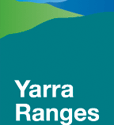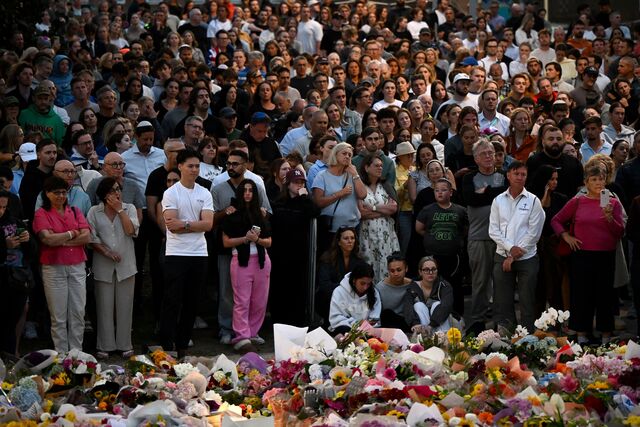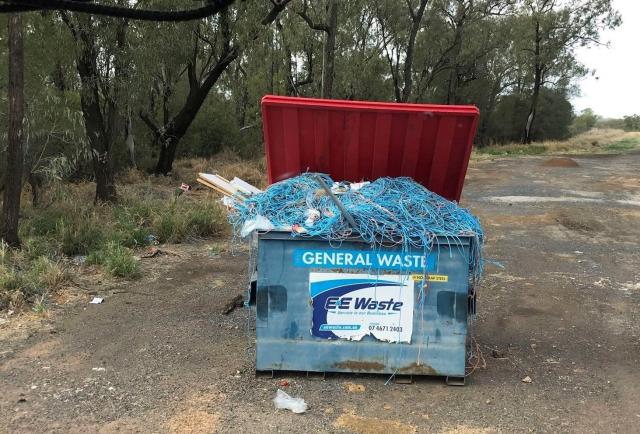By KATH GANNAWAY
THE 2016 Federal Budget, delivered on Tuesday night, 3 May, has been broadly welcomed for its initiatives on youth job creation, tax concession for small business, tightening of super tax concessions at the top end and tourism.
In other quarters, however, it has been labelled ‘harsh’ for locking in cuts from family payments, income support for young people and paid parental leave, along with cuts to Medicare and dental health and income support for people with a disability.
How that will transfer to Yarra Ranges Shire will reveal itself over the next couple of weeks as welfare and other organisations drill down funding changes, and families, youth, pensioners and retirees work changes, plus and minus, into their own budgets.
An immediate benefit for small to medium businesses is a reduction in the small business tax rate from 28.5 per cent to 27.5 per cent with the turnover threshold to access it increased from $2 million to $10 million.
Businesses that take on young people under internships will get a first up payment of $1000 and be eligible for a wage subsidy of between $6500 to $10,000.
Up to 120,000 placements will be available over four years under the six-month program which will give participants an extra $200 a fortnight on their regular income support payment.
Also, from April next year, the ‘Youth Jobs PaTH – Prepare, Trial, Hire’ initiative will train young job seekers with pre-employment skills and help them secure jobs.
President of the Healesville and Yarra Glen Chambers of Commerce, Alex Largerwey said the one per cent reduction for small business has the potential to stimulate employment in the region.
“Tax is a drag on business and limits capacity for a business to grow, if you lessen that drag, it has to be a stimulant,” he said.
On the youth training initiatives, he said, again, it has potential, but had reservations about the government’s capacity to manage such a program.
“It is something, I believe, that has to be run by private enterprise – you want government getting out of the way on this sort of thing, more than intervening.”
Peta Godenzi, chair of Warburton Valley CEDA (Community Economic Development Association) said while the proof would be in the detail, she had doubts about the business tax reduction’s ability to make much of an impact on businesses along the Warburton Highway.
“I think any real benefits would relate to bigger businesses than what we have here, although it may be more relevant to Healesville and Yarra Glen with some of the bigger wineries over that way,” she said.
In relation to youth initiatives, Ms Godenzi said most businesses are small family-run businesses.
“These businesses may employ a cleaner, accountant and sometimes a gardener, but something like Oscars or Edgewater Resort, when it gets up and running, may be able to look at that (youth internships).”
On superannuation, while most of the initiatives looked at the high end, the Low Income Superannuation Tax Offset will allow people with an adjusted taxable income of $37,000 or less to a refund of some of the tax paid on their contributions up to $500. This may be relevant to Yarra Ranges families with part-time workers or parents who are now out of the workforce.
The response to welfare issues, nationwide, from the Australian Council of Social Services looked at the good, bad and “unaddressed” of the budget, welcoming the tightening of super tax concessions and changes to youth employment programs but saying that harsh cuts affecting people on low incomes remained locked in.
“The failure to strengthen revenue is a major problem, and this Budget reveals the ongoing consequences to essential services and the social safety net,” ACOSS CEO Dr Cassandra Goldie said.
She said the budget locked in $13 billion in cuts from family payments, income support for young people and paid parental leave and added a further $3 billion to cuts to payments and essential services including Medicare and dental health and income support for people with disability.
Dr Goldie said new recipients of the Newstart Allowance would be worse off through the removal of compensation for carbon pricing at a time, she said, related tax cuts remain in place.
She said the budget had failed to take any action to address housing affordability or lift the unemployment payment.
“Serious gaps remain in essential services, including legal assistance, early childhood and homelessness services,” she said.
The reassessment of 90,000 people currently receiving the Disability Support Pension, she said put them at risk of a $170 per week cut to payments.
Reductions in Centrelink resources, when the system is already under strain, was another concern, Dr Goldie said.
The Rural Doctors Association of Australia also acknowledged some “welcome piecemeal initiatives for rural patients, in the budget, they were critical, again, of the continuation of the Medicare indexation freeze for two more years.
RDAA president Dr Ewen McPhee implored the Federal Government to end the freeze in the lead-up to the election.
He said the freeze would continue to impact on many rural and remote practices that were already struggling financially and would increase barriers for patients in rural areas accessing local primary care.
The Mail expects to talk with Casey MP Tony Smith on what the budget means for Casey residents later in the week.







